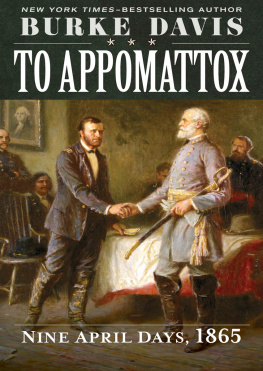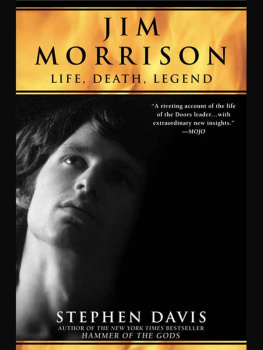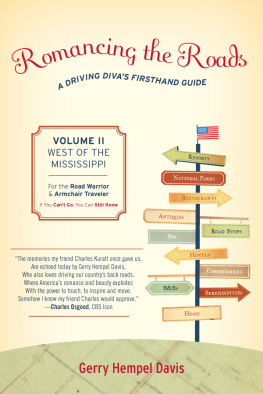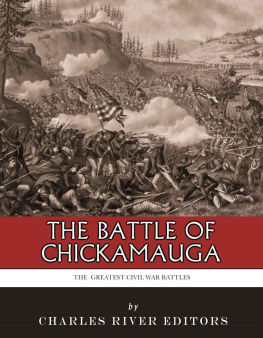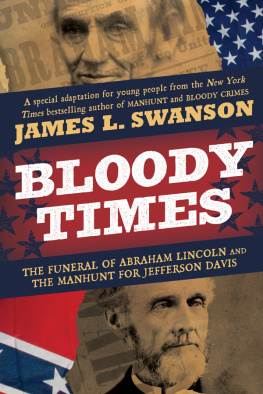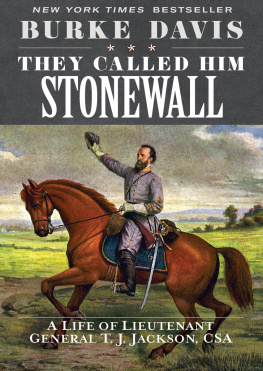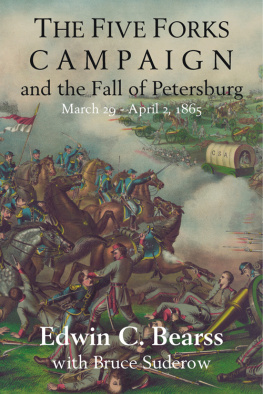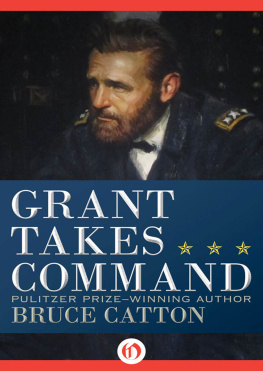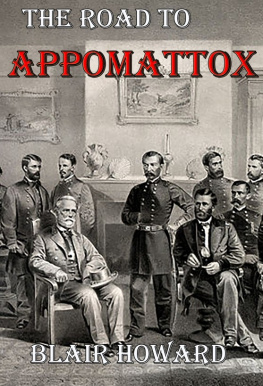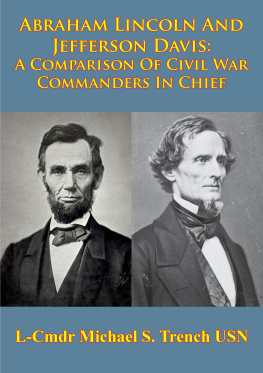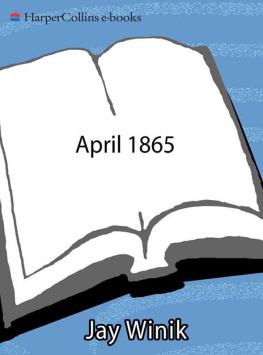To Appomattox
Nine April Days, 1865
Burke Davis

CONTENTS
I
Prologue
RICHMOND
The winds of late March scuffed the dark James and tore tatters of smoke from factory chimneys. They howled on the barred windows of Libby and Belle Isle, where the prisoners were, and fell upon crowds in Capitol Square, where people stared at drilling Negro troops of the Confederacythe first.
In moments when the wind died a humid heat came from the river, and there was something more: The pulsing of guns from the south and west, louder today.
A nineteen-year-old midshipman climbed from the Navy landing at the waterside, a gunner on a days leave from a river Battery. His name was James Morris Morgan.
Morgan had almost a thousand dollars on his back, for he wore a splendid new gray uniform whose cloth he had sought in the shops for weeks. His boots, sickly in color, half-tanned and squeaky, had cost $300. But he had so spruce a look that he had more than once, these last few days, been asked to stand as a groomsman at a wedding.
In store windows as the boy passed were crude signs telling as surely as if they were calendars of Richmonds four years at war:
Bacon, $20 a pound. Live hens, $50 each. Beef, $15 a pound. Fresh shad, $50 a pair. Butter, $20 a pound.
A hundred thousand people now thronged the little city and the markets could not decently feed 70,000to say nothing of the army in the trenches outside.
Young Morgan walked through Capitol Square beneath tossed branches of budding trees, and into the building where the Confederate Congress was in session.
Even here he heard the guns. Timbers shuddered underfoot and there was a rattling of windowpanes. He went into the Senate chamber for a few minutes and emerged with an expression of youthful outrage. The Senators had to raise their voices to be heard over the gunsyet they were debating the question of just how many newspapers should be left on their desks each morning.
Morgan wandered downhill into one of the hospitals, a converted tobacco warehouse still odorous of its trade, now packed with sick and wounded; women of the city passed among the cots.
Near the doorway Morgan found the friend for whom he sought, Captain F. W. Dawson, a wounded cavalryman who had ridden with Jeb Stuart in the wars good old days.
Dawson lay in the cooling breezes from the door, his pale face flat on his cot. He whispered, For Gods sake, Jimmy, make em move me to the back.
Youll get no air back there, Morgan said. This is the best spot you could find.
Dawson shook his head. Every damned woman that comes in that door scrubs my face and pokes me full of homemade jelly. My face is sore and Im ready to pop.
Morgan laughed, but he sent a note to the head surgeon and did not leave until he had seen an order fixed to Dawsons cot:
This man must be washed and fed only by regular nurses.
Young Morgan left him at last and went back to his guns by the river.
Fannie Walker was a copying clerk in the Bureau of War, an earnest young woman who shared the optimism of the citys youth.
Late in the afternoon as she was on the point of leaving her office amid a swarm of girls, Dr. Cooke, her chief clerk, entered with a final packet of letters for copying. Fannie began work anew with a sigh. As she opened the pack she glanced at the signature: R. E. Lee.
Her pen scratched a few lines and halted. She turned to Cooke. Oh, Doctor! If this is true we are lost!
Cooke glanced at the dispatch. General Lee made an urgent request for more troops and provisions. Without them, the message said, we cannot hold Petersburg. Not even Richmond pretended that there were more troops or provisions.
Cooke shook his head. Remember, he said, mums the word.
Fannie went home with a burden of dread she dared not reveal; she thought that she must be one of the few people in Richmond who knew that the city was doomed.
Only the heedless could not sense catastrophe at hand. One of those who had expected it daily was Captain Micajah H. Clark, a confidential secretary to President Jefferson Davis who had once been in the Treasury Department. Clark now watched gloomily the long queues of civilians and warworn soldiers who crowded about the doors of the Treasury.
For almost a month, for the relief of the people, the Treasury had passed out silver coinat the rate of $1 for each $60 in paper. Most of the citys people had not seen such coins since the beginning of the war. Clark knew that the silver could have but one purpose: It could be spent outside the Confederate lines when the Yankees broke through. The ratio of paper to silver was rising; it would soon reach 70 to 1.
In one large house, as in dozens of others this night, a Starvation Party was in progress. The music and laughter, as noted by a young diarist, T. C. DeLeon, matched that of the brilliant balls of other days. More than a hundred young women and their escorts thronged the party. Most of the men had come from the trenches since nightfall.
DeLeon thought the young men worn and tired from camp and famished for society and gayety of some sort. An old Negro fiddler provided the music and, when the growing dance drowned out his tunes, a girl in a rather frowsy dress joined the Negro, playing a piano.
Refreshments were forbidden, and on tables were ranged ornate bowls, relics of the gay old life, now filled with water. Nothing stifled the high spirits of the dancers.
Never, amid the blare of the best-trained bands, DeLeon said, the popping of champagne, and the clatter of forks over pt de foie gras, was there more genuine enjoyment and more courtly chivalry than at these primitive soirees.
The party went through the dances of the graceless, Godless German cotillion in defiance of the citys pious elder citizens who had proclaimed them sinful. From his corner DeLeon watched admiringly:
Despite the denunciations, the ridicule, and even the active intervention of one or two ministers, the young soldiers and their partners whirled away as though they had never heard a slander or a sermon.
DeLeon wrote as if he could hear, above the tinny music, Richmonds struggle to preserve the old social amenities as she neared ruin. He spoke for the young men in the room:
But, said the dancers, we do the fightingwe are the ones who are killedand if we dont object, why in the deuce should you? Cooped up in camp, with mud and musty bacon for living, and the whistling of minis and whooshing of shells for episode, we long for some pleasure when we can get off. This is the sole enjoyment we have, and we go back better men in every way for it.
The dance went on.
DeLeon seemed to haunt every entertainment in the city, lured by music and laughter as they drowned rumble of dead cart and ambulance.
DeLeon saw that the gaiety was a feverish symptom of Confederate weakness, only a spasm. In the streets he saw what was happening: Desertions from the army were assuming fearful proportions that no legislation or executive rigor could diminish. Every day saw brigades double-quicking back and forth through the suburbs; the continuous scream of steam whistles told of movements here and there, and every indication showed that the numbers of men were inadequate to man the vast extent of the lines.
Day after day in late March he saw covert moves of the government: First the archives and papers of the departments; then heavier stores, guns and supplies not in daily use; then the few reserve medical supplies rattled off in the infrequent trains from the Danville depot; last of all, the young women of the clerical offices, sent to safety in Columbia, South Carolina.

